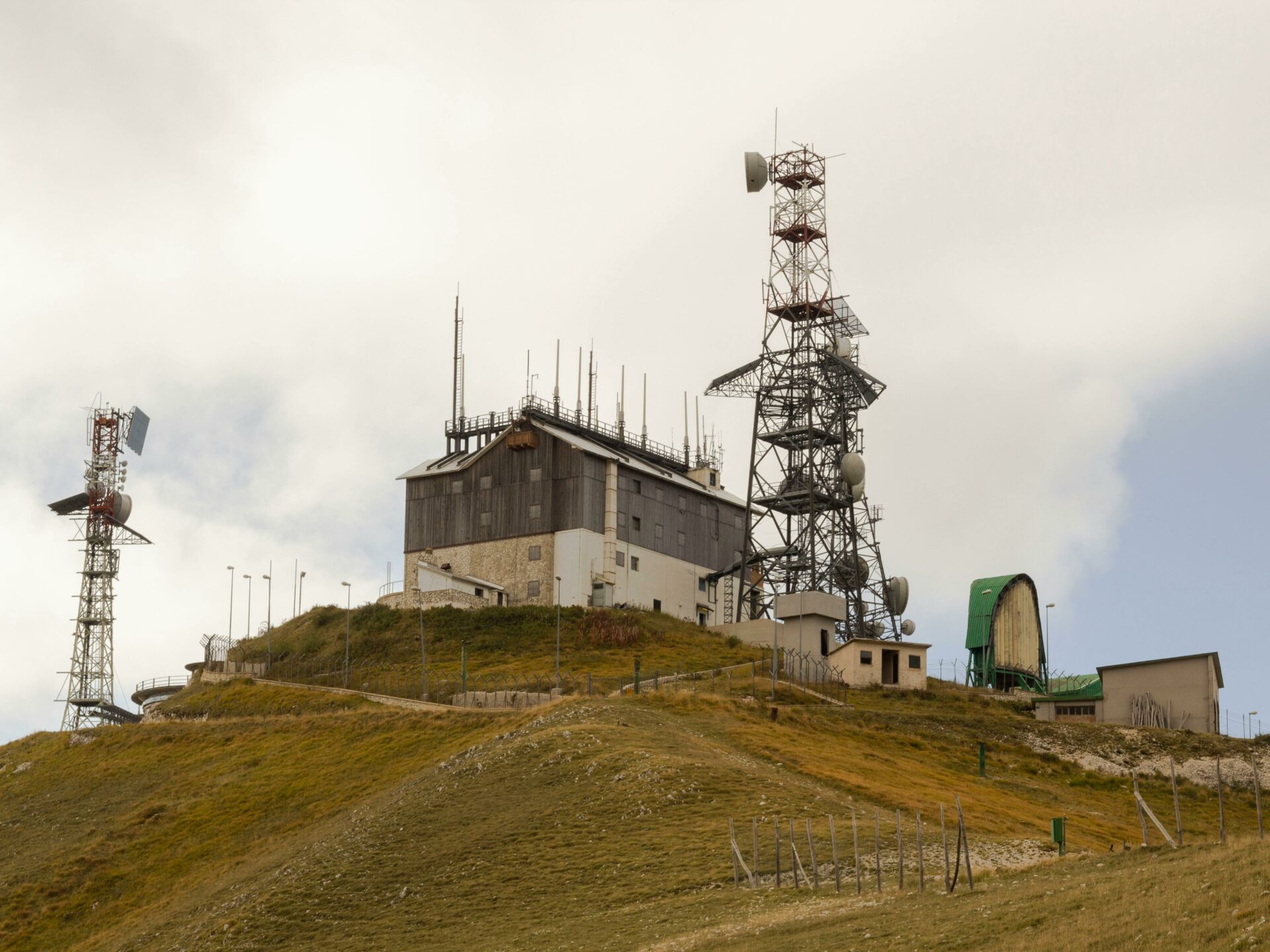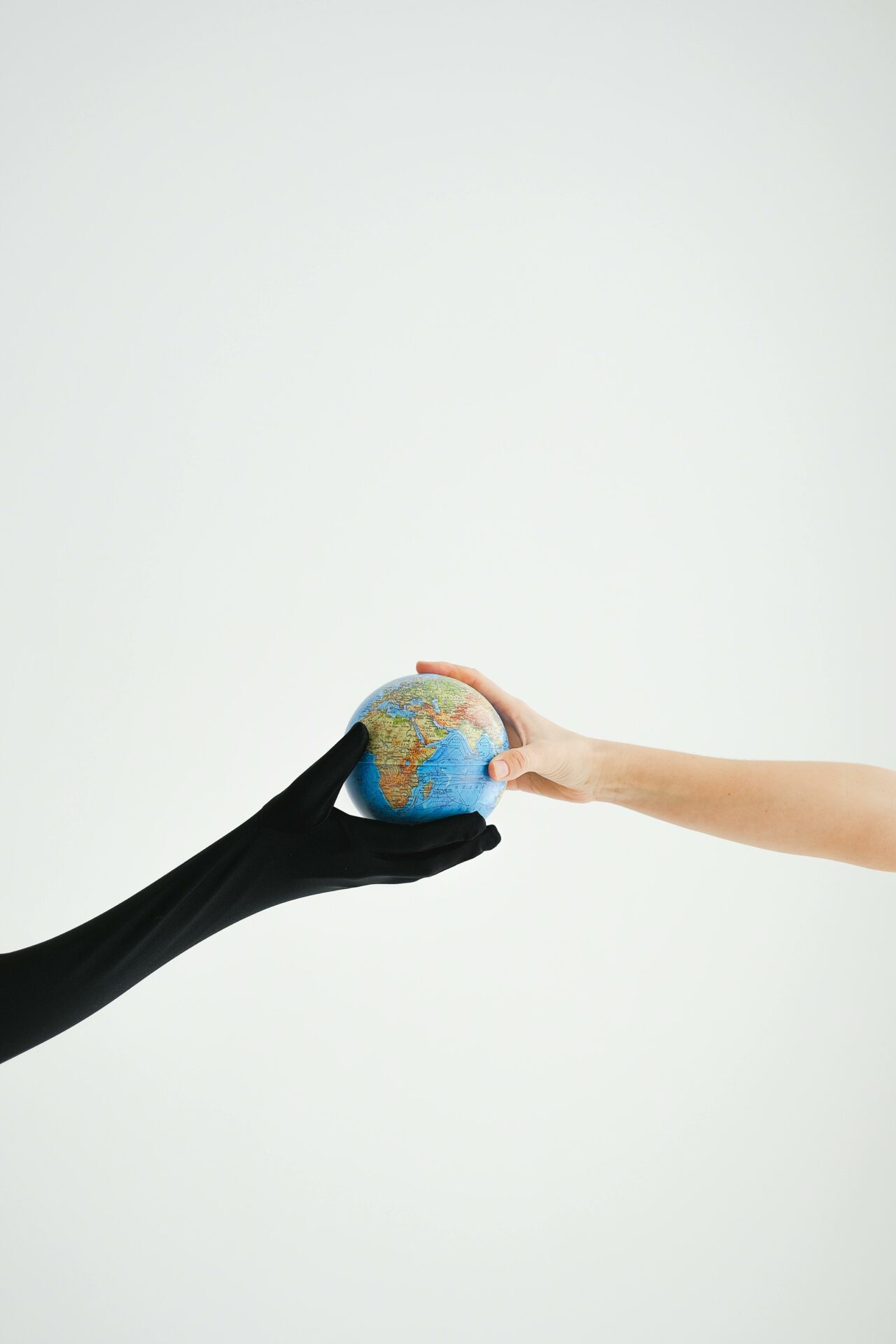With a number of vaccinations now in the market or undergoing testing, we may be approaching the beginning of the end of Covid-19. And whilst the immediate threat to life may begin to subside, it is likely that we will be counting the economic cost for quite some time.
However perhaps an even more profound impact will be felt in how both individuals and societies live their lives in the aftermath of Covid-19. Many believe that this may not be the last such global incident that we will face. If this is proved correct, we should at least now be better informed and prepared for managing to live in a more physically isolated and less communal way. Below are five key areas in which the behaviour of individuals significantly changed during Covid-19, and which may be predictors of how our longer-term lifestyles may evolve.
1. Health – a collective experience
For most countries, the pandemic was the first time in living memory where the collective health of the nation attained a higher priority in the collective conscious than the health of individuals. In addition to the well-publicised country-level data gathered by organisations such as Johns Hopkins University, people were asked to take specific precautions to prevent themselves from spreading or contracting the virus, such as wearing masks, additional hand-washing, and social distancing. These policies and protocols transformed the issue of health from an individual to a collective responsibility.
2. The role, and meaning, of home
In 2020 home went from being a ‘base’, to being an ‘everything place’. As people found themselves locked down, many of the outside amenities they typically enjoyed, such as cinemas, restaurants, and gyms, as well as their offices, were no longer accessible. Overnight, home needed to be adapted to accommodate multiple tasks. In almost no time Zoom became a verb, and home exercise equipment became almost impossible to buy due to its scarcity. From furniture to personal routines, lifestyles dramatically changed, bringing with them a widespread questioning of personal values, and the kind of lives people wanted to live.
3. Finding social meaning during social distancing
The pandemic has had a dramatic effect on the world’s mental health and has impacted all segments of the population. Although it is difficult to meaningfully separate practical causes, such as concerns over job security and personal finances, and emotional causes, such as lack of human contact, the overall sense of isolation and the disruption to social patterns have undoubtedly played a large role. There were many creative examples of using technology to bridge the gap, such as hosting virtual social events, however, 2020 has brought into sharp focus the importance of something we had previously taken for granted – that we are a deeply social species.
4. Adaptation and regulation of digital services
Technology has, without doubt, been one of the unsung heroes of the pandemic. Looking back as little as 25 years, the ongoing functioning of a society faced with lockdown would have been a very different story than the experience in 2020. Without the development of e-commerce, home-delivery, remote working, and mobile communications, the economic and social impact would certainly have been far worse. However, we now face a new challenge. There are many who believe there will be a new wave of almost entirely de-centralised businesses without a traditional head office, and that staff will become increasingly location-agnostic, both nationally and internationally. With this change will come a need for more flexible and forward-thinking global legislatory frameworks to keep this borderless digital world safe, fair, and transparent.
5. Personal service for billions of individuals
The digital world has reimagined personalisation, and, in virtually all key consumer verticals, has banished the notion of one size fitting all. From customised trainers in hand-selected colour combinations to personalised greetings cards, there is undoubtedly an appetite among consumers to stand out and exercise their creative minds, albeit with a cost premium attached. The key challenge in this market is to offer personalisation at scale, and at a price point that matches, or almost matches, the standard product. This will apply to both physical and digital experiences.
Where next?
Whilst all societies are in a permanent state of evolution, Covid-19 has perhaps brought with it a faster and more profound swathe of behavioural change than we have ever seen in peacetime. We do not yet know if we have tamed this epidemic, if the changes we have seen will stick, or what the longer-term socio-economic effects will be. However, on the evidence so far, the pandemic may eventually be judged as an inflection point. The moment when individual behavioural patterns shifted to a greater state of self-reliance, and during which technology and communications became recognised as the safety net which enabled societies to become more resilient to such events in the future.








